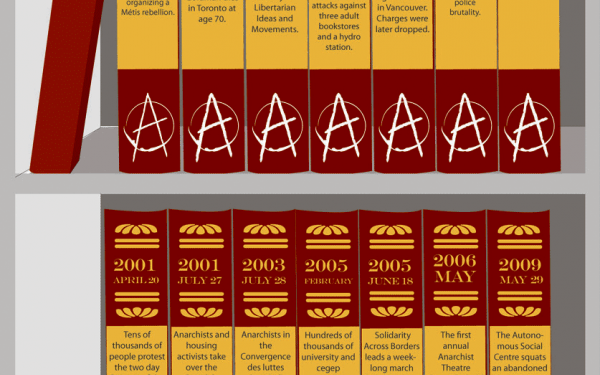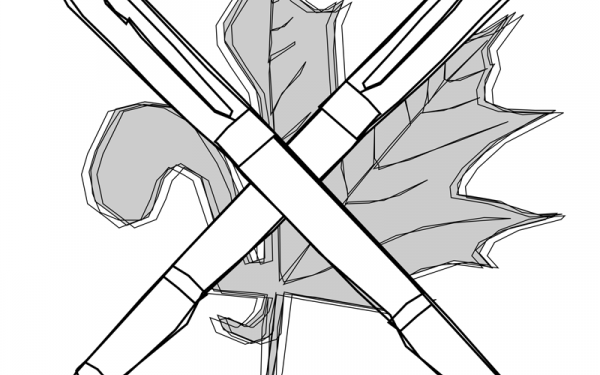Dungeons & DeLoreans
Tad Williams Brings the Fantasy and the Sci-Fi to Con*Cept
The only consistent element in author Tad Williams’ life has been change.
Whether it’s going from selling shoes one day to hosting a syndicated radio show the next, or maneuvering into science fiction after making a name for himself in fantasy publishing, Williams doesn’t care to repeat himself.
A devotee of Ray Bradbury as well as J.R.R. Tolkien, Williams was introduced to both science fiction and fantasy early on.
“[It wasn’t] just the fact that they were writing fantasy or science fiction,” he said of Bradbury and Tolkien. “But the fact that they were people who followed the idea first and didn’t worry about, ‘Oh, am I writing science fiction? Am I writing fantasy? What kind of a writer am I?’”
But when Williams published his first book, Tailchaser’s Song, a fantasy book involving cats, his career as a “fantasy writer” seemed impossible to shake.
“For the first year or two after that I was called the ‘cat book guy.’ ‘Tad Williams? Oh, yes, the cat book guy.’ It’s like being remembered as the kid who skinned his knee in fourth grade or something. I mean, yes, it happened, but you don’t really want to spend the rest of your life being determined by that.”
When Williams wanted to write a science fiction novel after authoring his popular Dragonbone Chair series, his publishers balked at him, and urged him to give his fans more of the same.
But Williams fought back, and went on to write and publish Otherland, a “modern epic fantasy” set in a world largely comprised of virtual reality.
When he wanted to return to fantasy, Williams once again dealt with audience expectations flying in the face of what he wanted to do.
“To be quite honest, I probably made a quarter of the income over the years that I would have made if I had written whatever people wanted next, which is more of whatever I [had] just done,” he says. “But I wouldn’t have liked it. I wouldn’t have been happy.”
However, Williams says that with 25 years in the business, it’s difficult to keep from repeating yourself. That’s where self-discipline comes in.
“The longer you write, the more you can see your own hobby horses,” he says. “One of the things I have to do now is actually weed out my own knee-jerk things. I’ll catch myself and I’ll go, ‘That’s a Tad character, and in this case it feels like an automatic use of a Tad character and not really one that’s been thought out very well.’”
Williams’ stories tend to deal with people being forced to step out of their circle of familiarity—something he knows quite a lot about.
“The fine line between magic and just the incomprehensibility of the universe is big with me,” he says. “I never use a lot of magic in my [writing], because I think it denatures magic, to have it be like hot and cold running water, and I want every time it comes up to be something that’s exciting.”
Even if your imaginary world is littered with make-believe, says Williams, it still has to be believable.
“If you’re writing fantasy or science fiction, it’s really hard to do if you don’t know a lot, at least in a basic way, about how the real world works,” he says.
Sometimes, while reading a fantasy story that hasn’t been well thought out, Williams just has to ask, “How do these people survive? Yes, they all have cute little names and they all go around with huge staffs in their hands and they have friends that are dwarves and crap, but how do these people actually eat? How do they make a living? What do these people do when they need fresh water? How do they school their children? Is there any school? How do they pass on knowledge? Don’t you understand that a village like that wouldn’t be able to survive out in the middle of nowhere? Those people would die. They would have already died out a hundred years ago. You can’t have 20 people with no visible means of support living out in the middle of nowhere. It doesn’t work.”
If selling shoes and flipping burgers informed any part of his writing, it taught Williams to cling tenaciously to his career as a writer—and anything that would prevent him from going back to selling insurance.
“I’m not happy unless I’m my own boss and I’m making something. That’s the main thing they gave me,” he says. “And maybe never to take for granted whatever you’re lucky enough to have happen in your favour.”
This article originally appeared in Volume 31, Issue 07, published September 28, 2010.

_706_443_90.jpg)




